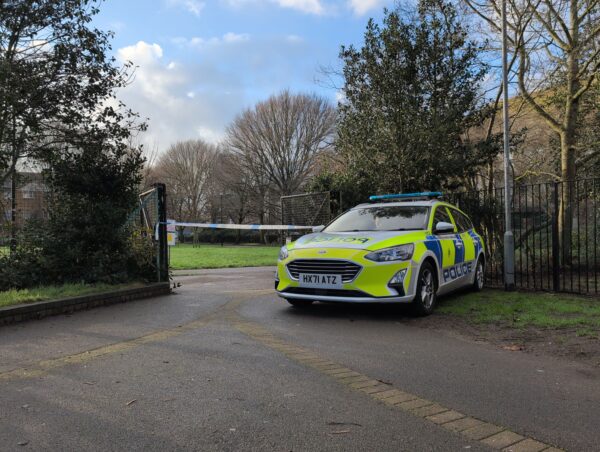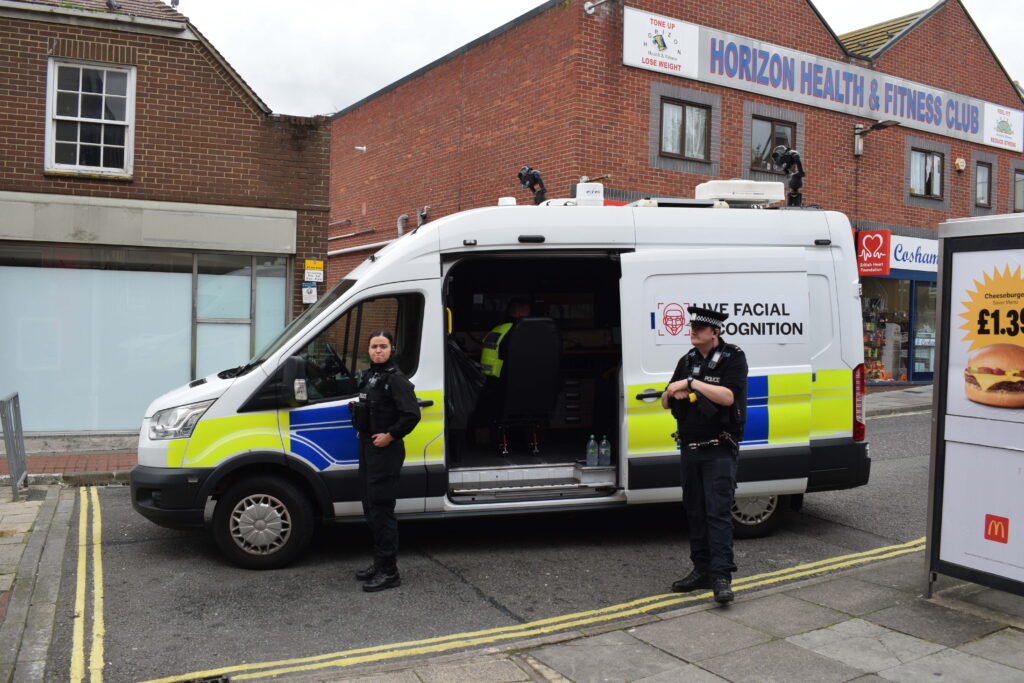
In a significant move towards enhancing public safety, South Wales Police have teamed up with Hampshire and Isle of Wight Constabulary to conduct a trial of facial recognition cameras in select areas.
This partnership aims to improve the effectiveness of policing by utilizing cutting-edge technology to aid in crime prevention, suspect identification, and overall community safety.
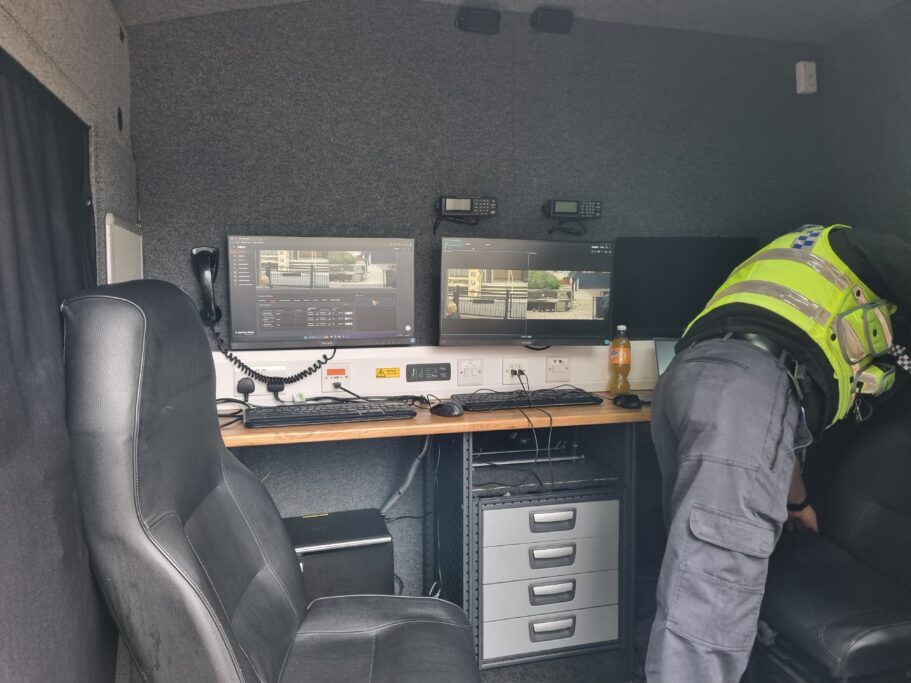
The trial will involve the deployment of facial recognition cameras in specific identified locations, such as crowded public spaces.
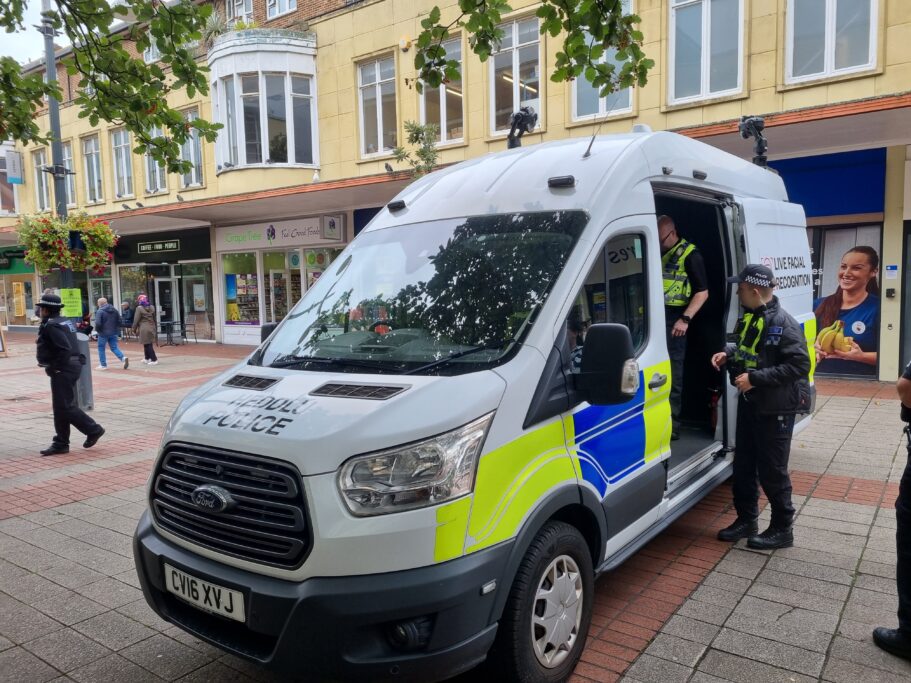
These cameras are designed to capture images of individuals in real time and cross-reference them with databases of persons of interest, such as those linked to criminal activities, wanted persons and missing persons.
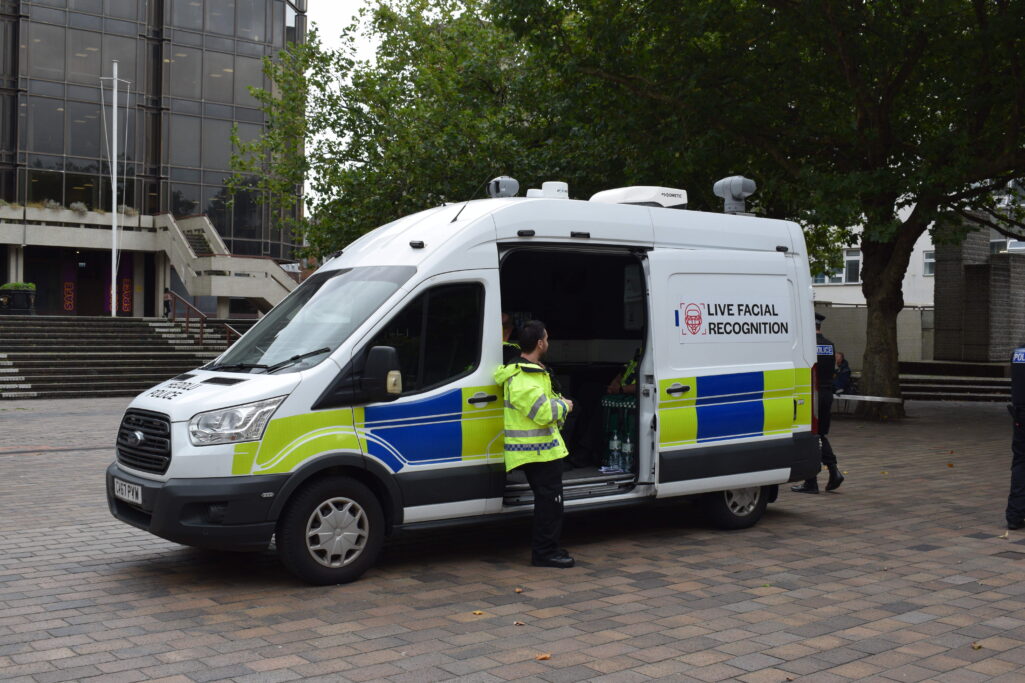
The goal is to support ongoing investigations and provide a proactive approach to identifying potential risks.
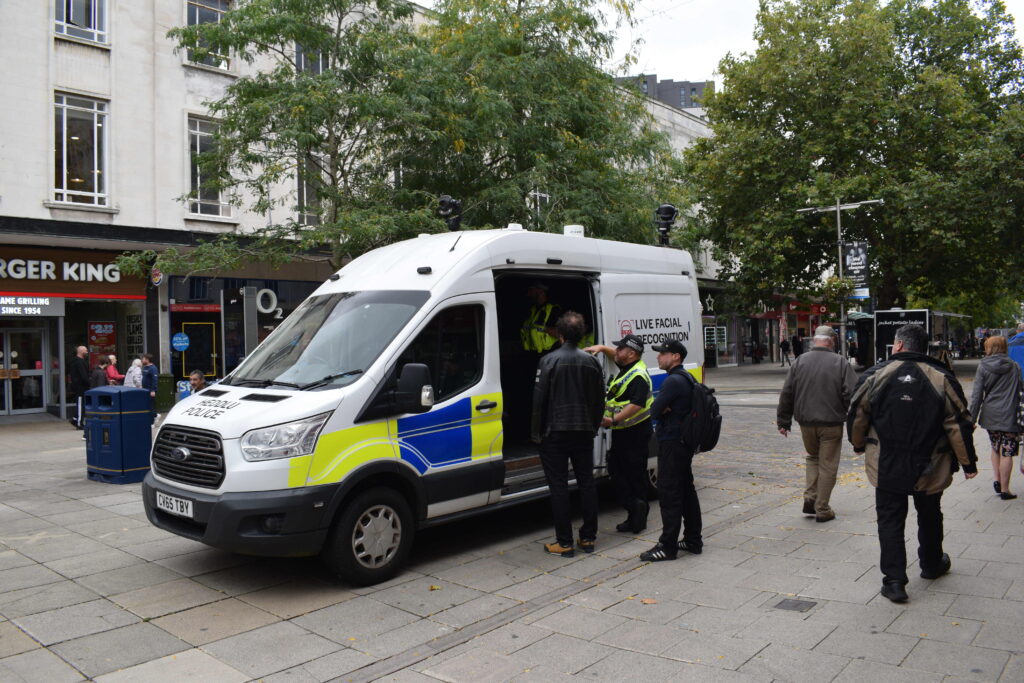
Assistant Chief Constable Jeremy Vaughan of South Wales Police highlighted the importance of the collaboration: “This is an exciting step forward in leveraging modern technology to enhance our policing capabilities.
By working together with Hampshire and Isle of Wight Constabulary, we are able to expand our knowledge and resources, ensuring we use facial recognition technology responsibly and effectively.”
Hampshire and Isle of Wight Constabulary has shown a similar commitment to integrating technology into policing. While the benefits of the technology are clear
—enhancing the ability to quickly identify suspects, prevent crime, and the ability to locate missing individuals if required
—the trial also acknowledges public concerns regarding privacy and data protection.
Both forces have stressed that strict protocols will be in place to ensure that the use of facial recognition technology is transparent, proportionate, and in line with legal requirements.
Deputy Chief Constable Ben Snuggs of Hampshire and Isle of Wight Constabulary said,
“We are committed to striking a balance between harnessing technology for public safety and respecting individual privacy rights.
This trial is about finding that balance, and we are keen to engage with the public throughout this process to ensure trust and transparency.”
The trial will be closely monitored, with findings reviewed to assess the effectiveness of the technology and its impact on both crime reduction and public perception.
Both police forces plan to engage with local communities throughout the trial to ensure the public are informed and can provide feedback.
As the use of facial recognition technology becomes more prevalent, this joint effort between South Wales Police and Hampshire and Isle of Wight Constabulary could set the standard for how law enforcement agencies across the UK incorporate such tools into their policing strategies, balancing the need for public safety with the protection of civil liberties.

